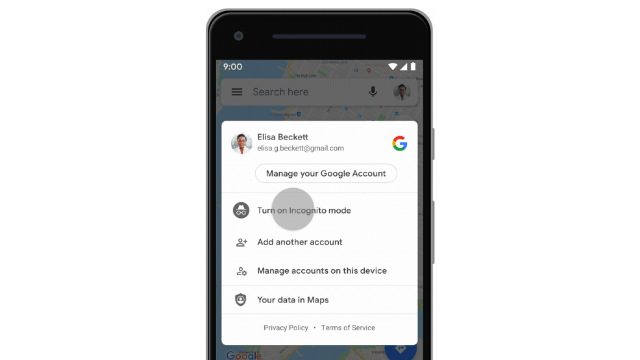SUMMARY
This is AI generated summarization, which may have errors. For context, always refer to the full article.

MANILA, Philippines – At the Google I/O conference on Tuesday, May 7 (May 8, Philippine time), the company touted privacy not just as a buzzword, but as a forward-thinking strategy meant to put its users first.
They demonstrated their work towards making Google use more private by annoucing a future iteration of Google Assistant would use local processing to do things for users.
Google said it managed to lessen the size of its artificial intelligence model significantly – instead of a 100 gigabyte AI model, the model is now around half a gigabyte. The change will let Google Assistant operate exclusively from within the phone, rather than requiring your data be sent to the cloud for processing.
Running on-device and coming to new Pixel phones later this year, the next generation Google Assistant can understand and process your requests up to 10 times faster, making operating your phone, multi-tasking and even composing email easier than ever. #io19 pic.twitter.com/iNPpOvwDM2
— Google (@Google) May 7, 2019
The change, the company said, makes understanding and processing user requests on Google Assistant “up to 10 times faster,” making it a strong contender as an alternate way to use your phone. The feature will even let you compose messages without needing to type.
The new Google Assistant will be part of a new slew of Pixel phones set to make their way to store shelves.
Another move that enhances privacy: Incognito Mode comes to Google Search and Google Maps. When it’s turned on – as the mode does for YouTube and Google Chrome – your activity won’t be saved to your account.
Android Q beta updates
Google’s also working to ensure the next iteration of Android is also up to the task of ensuring better privacy.
The latest Android Q beta, Beta 3, has some privacy tweaks, such as “improved system UI to stricter permissions to restrictions on what data apps can use.”
Android Q Beta 3 also has tweaks to Scoped Storage, a feature Google says gives users “control over files and prevent apps from accessing sensitive user or app data.”
On a sidenote, Google’s also bringing its Live Caption automatic captioning feature via Android Q.
A full list of changes to Android Q is available on this developer blogpost.
Project Euphonia
At the same time, Google is also working on other ways to improve the functionality of its AI speech recognition models.
Its latest move towards improving accessibility after last year’s morse code keyboard technology is Project Euphonia, a move to train Google’s AI models to better understand those with speech impairments.
The initiative calls on Google users to help them by sending voice samples they can use to improve speech recognition for those with impairments. – Rappler.com
Add a comment
How does this make you feel?
There are no comments yet. Add your comment to start the conversation.